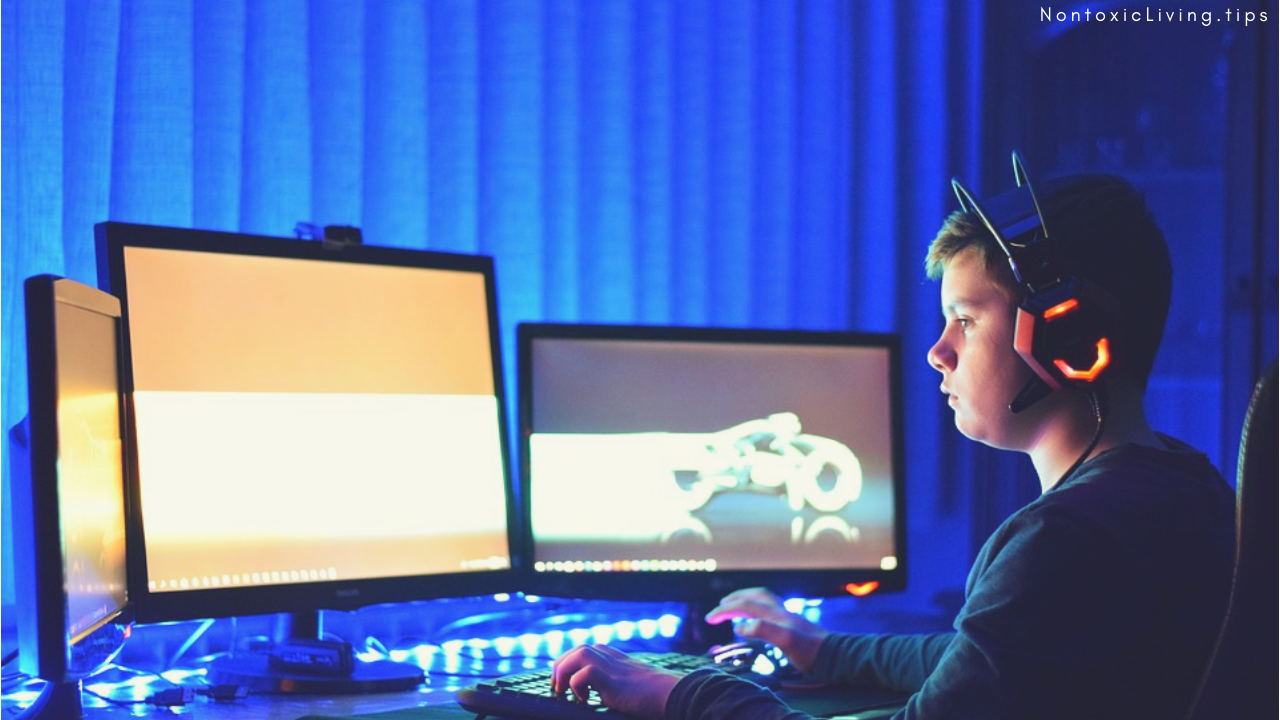
What You Should Know About The Risks of Online Gaming
Oct 15, 2018by Angela Cummings and Sophia Ruan Gushée
The number of hours children spend gaming has increased from 10.7 to 12.2 hours per week between 2013 and 2017. And the worldwide online gaming industry is projected to rise to $2.2 trillion by 202. So the amount of time children spend gaming will most likely increase further.
What is online gaming?
Online gaming refers to playing games on the internet using a computer, a gaming console, or even a mobile phone.
The types of games children can play range from sports-themed games, to restaurant simulations, to mission-based first-person shooters.
The ability to communicate with other gamers online is what makes online gaming different from traditional gaming which also increases the risks associated with it.
Types of online gaming
Below are a few types of online gaming.
-
Web-based games. These types of games can be played using specific websites or downloading an application on your computer. This also includes social media-based games, like Facebook’s FarmVille, which allow you to connect with other players.
-
Mobile games. As the name suggests, these are games and applications that can be downloaded on your phone. Many are free to play initially but often introduce extra charges.
-
Handheld games. Similarly to mobile games, these can be downloaded on your iPad or a device like Nintendo’s DSI. The pay-to-play model is also quite popular with these types of games.
-
Console games. These can be played using entertainment consoles such as XBox, Nintendo, and PlayStation, which are usually connected to your TV. You can download them online or purchase physical copies in store.
How online gaming could be harmful to your child
There are multiple risks associated with online gaming (as opposed to traditional gaming):
-
Inappropriate content. Some online games may contain violent or sexual imagery that is inappropriate for your child. (Check that your parental settings are active on your computers and consoles to prevent your kids from accessing these types of games.)
-
Abuse/harassment. In multiplayer games, it’s possible for others to send messages to your child. As a result, children can sometimes experience abuse or harassment coming from other players.
-
Invasion of privacy. Sometimes kids can unknowingly include personal details or contact information on their profiles, which can lead to real-life consequences later on.
-
Expensive Pay to Play model. While most online games are free to download, they often offer additional content or functionality, which users can purchase after they have started playing. If you don’t have a password for in-app purchases, it can be very easy to rack up a pretty substantial bill.
Final Thoughts
Children are spending more time playing online video games, and experts project that the amount of time will continue to increase. There are different types of online gaming: web-based, mobile, handheld, and console games. While each type is different, the risks associated are the same across all types of gaming.
If you’d like to know more about keeping your child safe, check out our article on tips for parents looking to establish a healthier relationship with online gaming.



